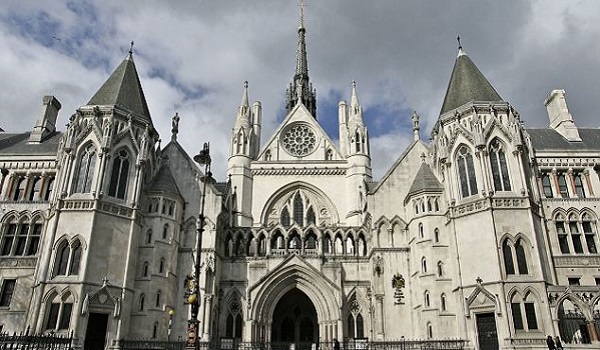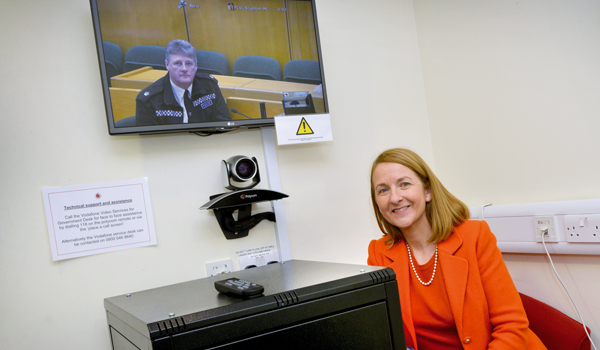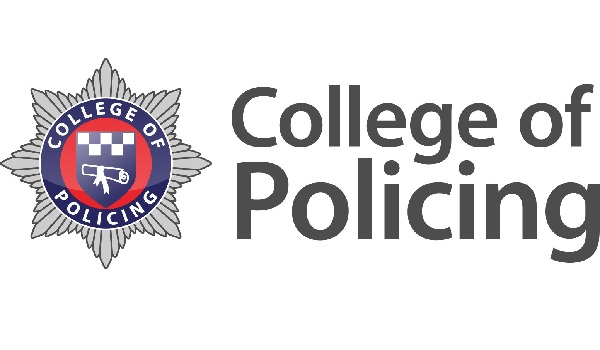Police need a ‘zero tolerance’ culture for disclosure failings
The Attorney General has called for an immediate end to disclosure being seen as “an administrative add-on rather than fundamental pillar of the justice system”.
The review by Geoffrey Cox QC MP and published on Thursday (November 15) held that the legislation in place surrounding disclosure is appropriate, however, it is not working as effectively or efficiently as it should be in practice.
However, he said the guidelines surrounding the legislation are not able to meet the challenges of technology in the modern day. Therefore, secondary legislation is necessary.
The issue hit headlines after a number of high-profile cases, such as Liam Allan who spent two-years on trial for rape before it was revealed that there was evidence on a computer disk that cast doubt on his guilt and had not been given to the defence.
The review found that investigators were not pursuing reasonable lines of enquiry that may show the accused as not guilty. Nor were they and their supervisors thoroughly checking case papers before submission to prosecutors.
It also noted the poor quality and insufficiently informative disclosure schedules and an inability for investigators to complete action plans when asked by the prosecution.
Mr Cox said: “For too long, disclosure has been seen as an administrative add on rather than fundamental pillar of our justice system. This ends now. My review sets out practical recommendations and a clear plan of action which I will hold the leaders of the criminal justice system to account for delivering in their respective areas.”
The recommendations included certain kinds of material, which almost always meet the test for disclosure as it assists the defence, be given a ‘rebuttal presumption’.
This would mean the focus for the investigator and prosecutor shifts to whether there is good reason that those items do not satisfy the disclosure test.
Material that might have a presumption of disclosure include: Computer Aided Despatch records of emergency calls to the police; existing investigators’ notes; any record of the complaint made by the complainant; any previous account of a witness, including draft witness statements; CCTV footage, or other imagery, of the crime in action; previous convictions or cautions of witnesses; basis of pleas of co-accused; and defence statements of the co-accused.
Mr Cox commended the National Disclosure Improvement Plan (NDIP) – published in January 2018 and led by the Crown Prosecution Service, National Police Chiefs’ Council and College of Policing – for examining how investigators pursue reasonable lines of inquiry.
The College of Policing has begun training officers on how to review and record relevant material so that the prosecutor is able to make a more informed disclosure decision.
Additional face-to-face training for dealing with complex cases has been introduced and disclosure ‘champions’ have been appointed to improve and maintain disclosure standards as well drive cultural change.
The review recommended this training continues to be revised to reflect ongoing developments.
It also suggested technological advancements, including artificial intelligence, for reviewing and capturing evidence could aid police and other investigators further.
The full potential of new technology is not currently being exploited, the review claimed, adding that in some instances paper processes have simply been transferred to electronic systems.
“In particular, in respect of the high-end cases, there must be greater acceptance that billions of pieces of information cannot be read by a human being alone. It is clear that a different approach, researching and developing appropriate solutions using predictive coding, or Artificial Intelligence (AI) is needed in such cases,” the review said. “For example, searching electronic communications to identify all exchanges between various individuals in an investigation.
“The review supports the principle of the legitimate use of such approaches with further detail to be set out in relevant guidance,” it added.
East Midlands forces will soon test an enhanced search/analysis capability, for both mobile phone records and video evidence, to enable relevant material to be identified swiftly and effectively.
And a software package that will attempt to assess the relevance of material using AI to assist decision-making will be piloted by Surrey Police.
The review recommended that the Code of Practice and Criminal Procedure Rules be amended to support the legitimacy of such technology and said forces should assess their capabilities and what products already exist on the market or ought to be developed, including AI.
The Government plans to convene a ‘Tech Summit’ early next year to help all 43 police forces in England and Wales handle the increasing volumes and complexity of digital evidence.
The review considered whether penalties should be applied for disclosure failures but agreed with previous reviews that such sanction on publicly funded parties would not assist with compliance.
It recommended Disclosure Management Documents (DMDs), currently being piloted in Rape and Serious Sexual Offence and Complex Casework Unit cases, be routinely used in all volume Crown Court cases as an avenue for early engagement.
DMDs would provide transparency on what the investigator and prosecutor have actually done to discharge their disclosure obligations (or the reasons why they did not do something), which could be of more use to each participant in the process than a list of items of unused material on a schedule, it said.
The documents detail the approach that the investigation and prosecution has taken with regard to disclosure and affords the defence an opportunity to engage and comment on this at an early stage in proceedings and make representations that additional lines of inquiry should be pursued if they are of the opinion that the investigation has been too narrow.
Performance improvements should be overseen by the Criminal Justice Board so that the systemic nature of the problems are confronted, the lessons learned, and the practices improved at a deep cultural level, sustainably and for the long term.
Mr Cox said: “My review sets out practical recommendations and a clear plan of action which I will hold the leaders of the criminal justice system to account for delivering in their respective areas.
“I am confident that the leaders of the police and prosecution now understand the need for change and together we will make sure that public confidence in the disclosure system is restored.”
Policing Minister Nick Hurd added: “Disclosure of evidence is crucial for confidence in police and our criminal justice system.
“Police leaders have recognised there needs to be a change in culture towards disclosure and I’m pleased to see they are already making strides in this area through the National Disclosure Improvement Plan.
“The Home Office is also working with the police and partners across the criminal justice system to explore the analysis and sharing of digital evidence and the Government will convene a Tech Summit this spring to further help forces handle growing volumes of data.”
Chair of the Justice Committee, Bob Neill MP, said: “Our major report, published in July, flagged the serious long-term failures in disclosure resulting from a system under strain and insufficient focus and leadership at the Crown Prosecution Service. Such failings compromise fair trials, causing delayed and collapsed trials, unacceptable miscarriages of justice and people being wrongly imprisoned.
“Therefore, I welcome the report by the Attorney General today. Without change we will not restore confidence in our criminal justice system. Much of the review mirrors our inquiry and it takes into account several of the recommendations we made. In particular, the important conclusion that current legislation is appropriate although the system is not working in practice. I am also pleased to see mention of better training and guidance and better working practices, the commitment to greater transparency, performing disclosure obligations earlier in the process and I support the creation of a sensitive disclosure strategy document.
“I look forward to seeing better data on disclosure that we can use to hold the Attorney General to account for the performance improvements he anticipates. The report states that it does not pick up all of our recommendations so we look forward to the Government’s full response to our report soon. We had already arranged to take evidence soon from the new Attorney General and look forward to hearing more about his plans following the publication of this important report.”
The National Police Chiefs’ Council lead for Disclosure, Assistant Chief Constable Jeremy Burton said: “Working with the Crown Prosecution Service and the College of Policing, we have delivered on many elements within the National Disclosure Improvement Plan, and welcome the Attorney General’s recognition of the progress that has been made to date.
“The next phase of the improvement plan will be released soon, and will build on existing foundations to consolidate our progress, and embed the culture shift which ensures all officers and staff recognise that getting disclosure right is a fundamental part of a fair criminal justice system.”







